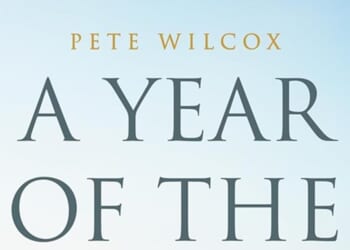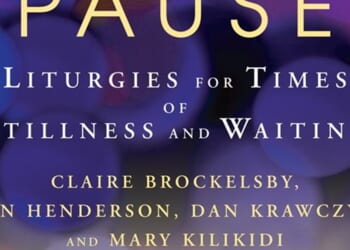I thought I’d pass along an item I came across in the 1856 reminiscences of a Philadelphia lawyer (David Paul Brown, The Forum, or, Forty Years Full Practice at the Philadelphia Bar, vol. 1, p. 365), a book I was looking at for an entirely different purpose. The author is offering what he sees as an interesting anecdote about U.S. Supreme Court Justice Bushrod Washington, President Washington’s nephew; the question related to the death penalty, not just (as in the more recent family pardon controversy) a lesser felony sentence, but I thought it still provided an interesting perspective, agree with it or not.
Mr. Stockton inquired, “Have you seen the account of the melancholy position in which Governor Desha, of Kentucky, has been placed by the crime of his son?” “It is a sad affair,” said the Judge. “But,” rejoined Stockton, “the worst of it is, that the son, having been convicted, the Governor, his father, must now decide between signing the death-warrant or a pardon.” “And that, you consider a difficulty?” said the Judge. “Certainly,” replied the interlocutor; “Why, I would like to know, now, what you, an upright, impartial, and inflexible judge, would do in such a case?”
“Do!” was the reply; “Do you doubt, Mr. Stockton, what I would do?” his eye sparkling, and his little figure expanding by the side of his gigantic friend; “why, sir, I would PARDON HIM AT ONCE; the time has long gone by, when it was deemed either natural or honorable to play the Roman father.”
Such were the sentiments of a man who never was a father, but who spoke from his own magnanimous and heroic feelings. It was the same generous emotion that swayed his immortal uncle, in his sympathies for the unhappy Andre; the merciful effect of which sympathies nothing could have prevented, but the imperative demands of devoted patriotism.
According to Wikipedia, “[Gov. Joseph] Desha’s reputation took a further hit after his son, Isaac B. Desha, was charged with murder. Partially because of Desha’s influence as governor, two guilty verdicts were overturned. After the younger Desha unsuccessfully attempted suicide while awaiting a third trial, Governor Desha issued a pardon for his son.”
Major John André, on the other hand, was indeed executed at Washington’s command; he was the English intelligence officer who had negotiated with Benedict Arnold about Arnold’s shifting allegiance from the Americans to the English. Alexander Hamilton shortly afterwards wrote, “Never perhaps did any man suffer death with more justice, or deserve it less.”
I can’t be sure, but the “Roman father” reference may have been a specific reference to the story of the semi-legendary founder of the Roman Republic, Lucius Junius Brutus, who was praised for co-ordering (and even watching) the execution of his sons, who had conspired to overturn the Republic.
















